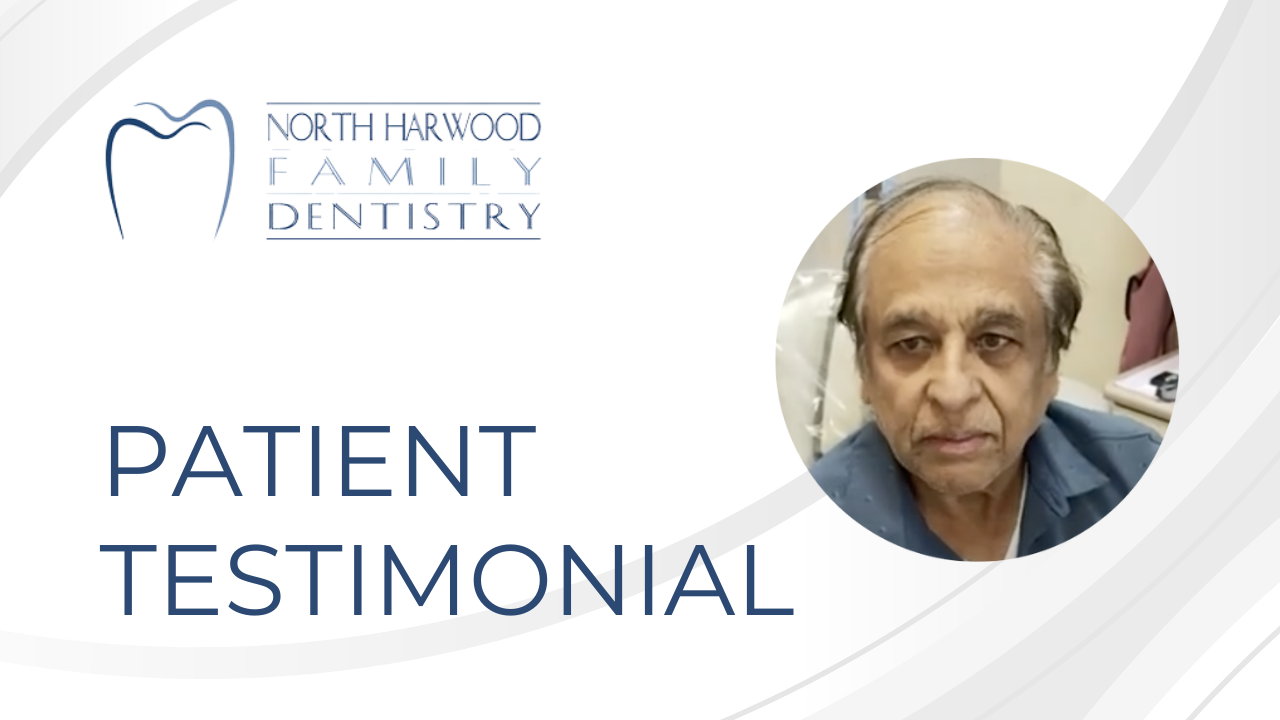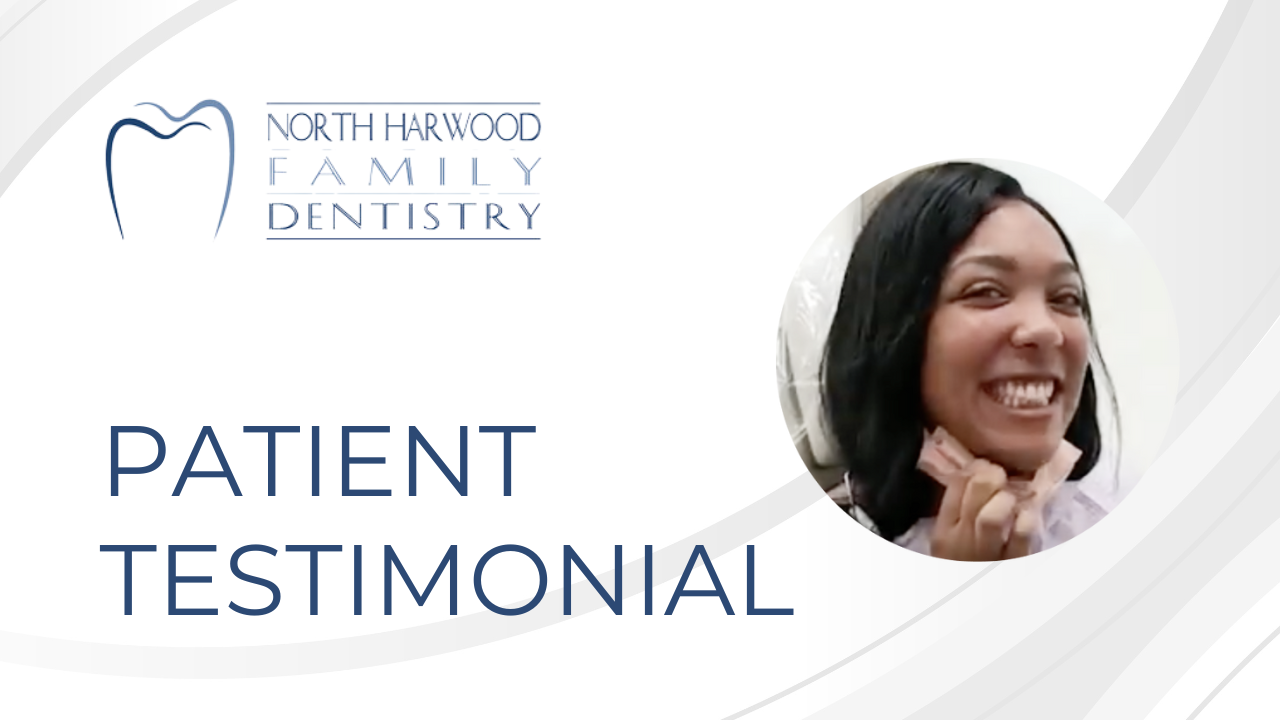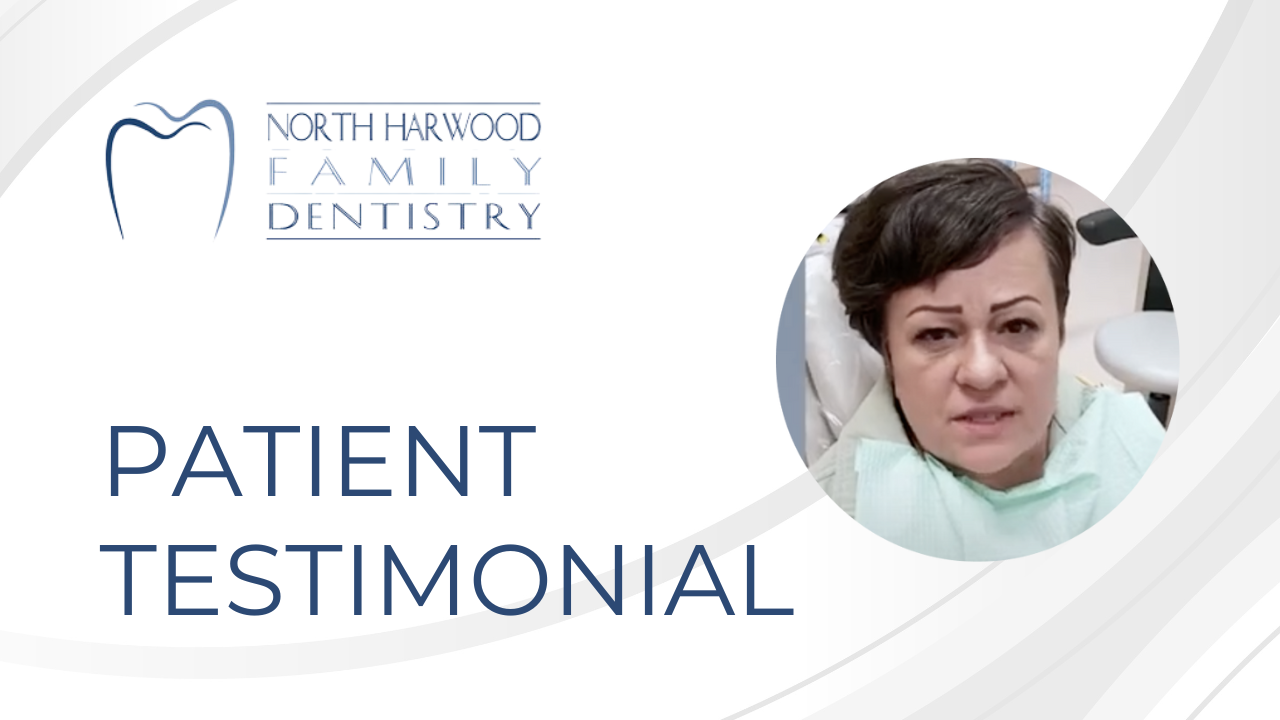
Do I need emergency dentistry?
Unexpected dental problems arise from time to time. Whether you play sports, took a fall on the ice or experienced some other mishap, accidents can lead to immediate tooth damage. We can help you address some of the most urgent dental issues promptly with emergency dentistry services.
Any dental problem that requires immediate treatment in order to save a tooth, stop ongoing tissue bleeding or alleviate severe pain is considered a dental emergency. A severe infection or abscess in the mouth can be life-threatening and should be dealt with immediately.
- Toothache that prevents you from eating or sleeping.
- Tooth knocked out.
- Broken/loose braces – If you see an orthodontist, call them immediately.
- Chipped/broken teeth – If the chip is significant or your tooth is cracked or your tooth is in pieces.
- Lost filling/crown.
- Abscess or ‘pimple’ on the gumline.
Call us if you have:
Dental First Aid - What To Do
We know dental emergencies can be scary and overwhelming whether it’s happening to you or a loved one. Remain calm, perform first aid, and arrange to see a medical professional as soon as possible.
Here are some practical tips for common dental emergencies:
Toothache
Apply a cold compress to the area. You may be able to take the edge off your pain by taking a pain reliever like acetaminophen (ex. Tylenol) or ibuprofen (ex. Advil). Always follow the advice of your doctor and read the instructions on the bottle when taking any medication. Make a note of what medication, how much and the time it was taken so you can let us know when you come in.
Knocked-Out Teeth
Time is of the essence, we may be able to restore your natural tooth! If a whole tooth has been knocked out –and is reasonably clean– quickly and gently reinsert the tooth into its socket. If you can’t because you’re unsure or it hurts then save the tooth in a cup of milk. Make sure to call us Immediately. A knocked-out tooth is more likely to be saved if treated within the hour.
Broken Teeth
Rinse your mouth with warm water to wash away smaller fragments. If you are bleeding, hold a piece of sterile gauze on the area until bleeding stops. You may use a cold compress to relieve some of the pain and swelling. Call us immediately. We will work quickly to relieve your pain, heal your injury, and restore your tooth.
Abscess
Abscesses are infections that occur around the root of a tooth or in the space between the teeth and gums. Abscesses are a serious condition that can damage tissue and surrounding teeth, with the infection possibly spreading to other parts of the body if left untreated. Because of the serious oral health and general health problems that can result from an abscess, see your dentist as soon as possible. In the meantime, to ease the pain and draw the pus toward the surface, try rinsing your mouth with a mild saltwater solution (1/2 teaspoon of table salt in 8 ounces of water) several times a day.
Contact us today
to schedule an initial consultation & exam.
Your consultation will include an examination of everything from your teeth, gums and soft tissues to the shape and condition of your bite. Generally, we want to see how your whole mouth looks and functions. Before we plan your treatment we want to know everything about the health and aesthetic of your smile, and, most importantly, what you want to achieve so we can help you get there.

Winner of the Three Best Rated Award
Dr. Asad Hasan is the winner of the 3 Best Rated award for Best Dentists in Ajax.









